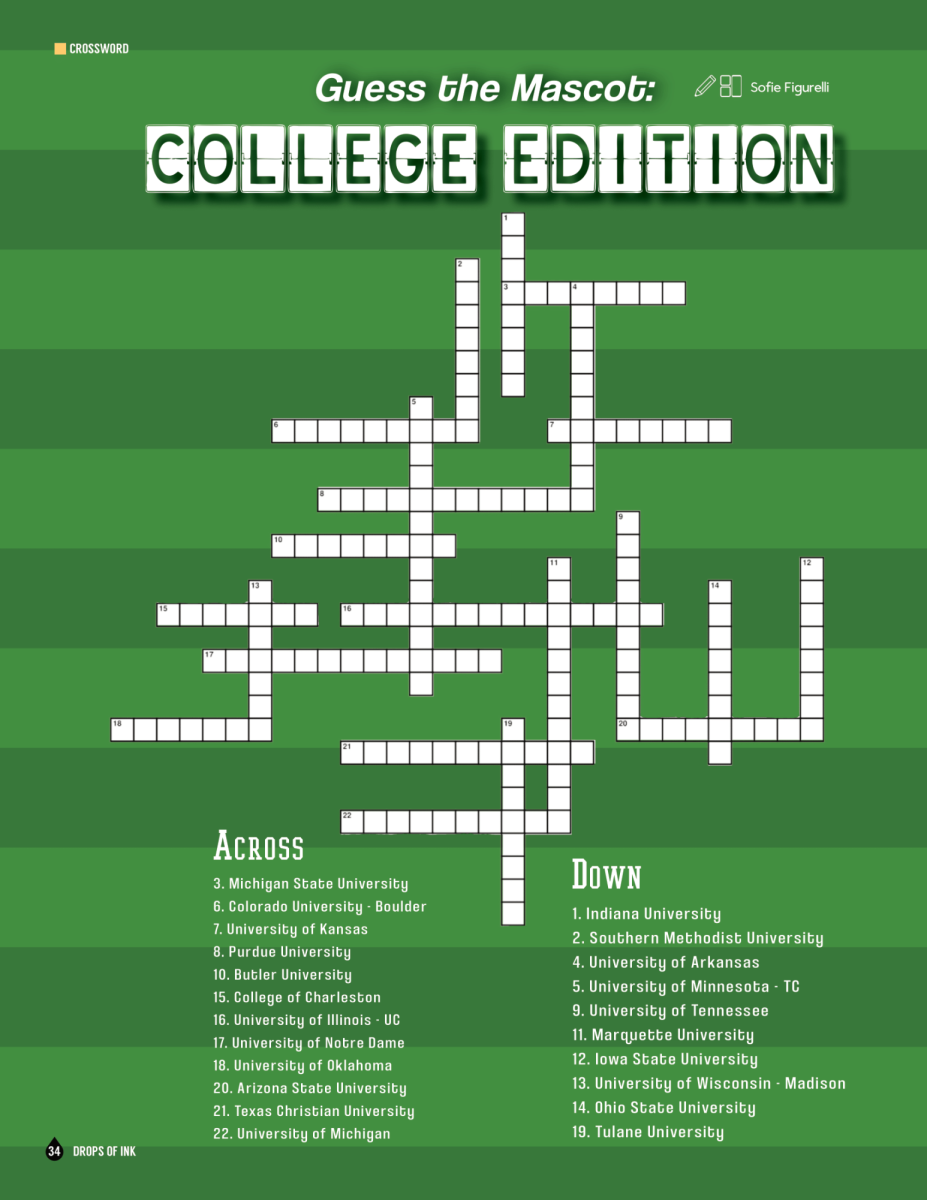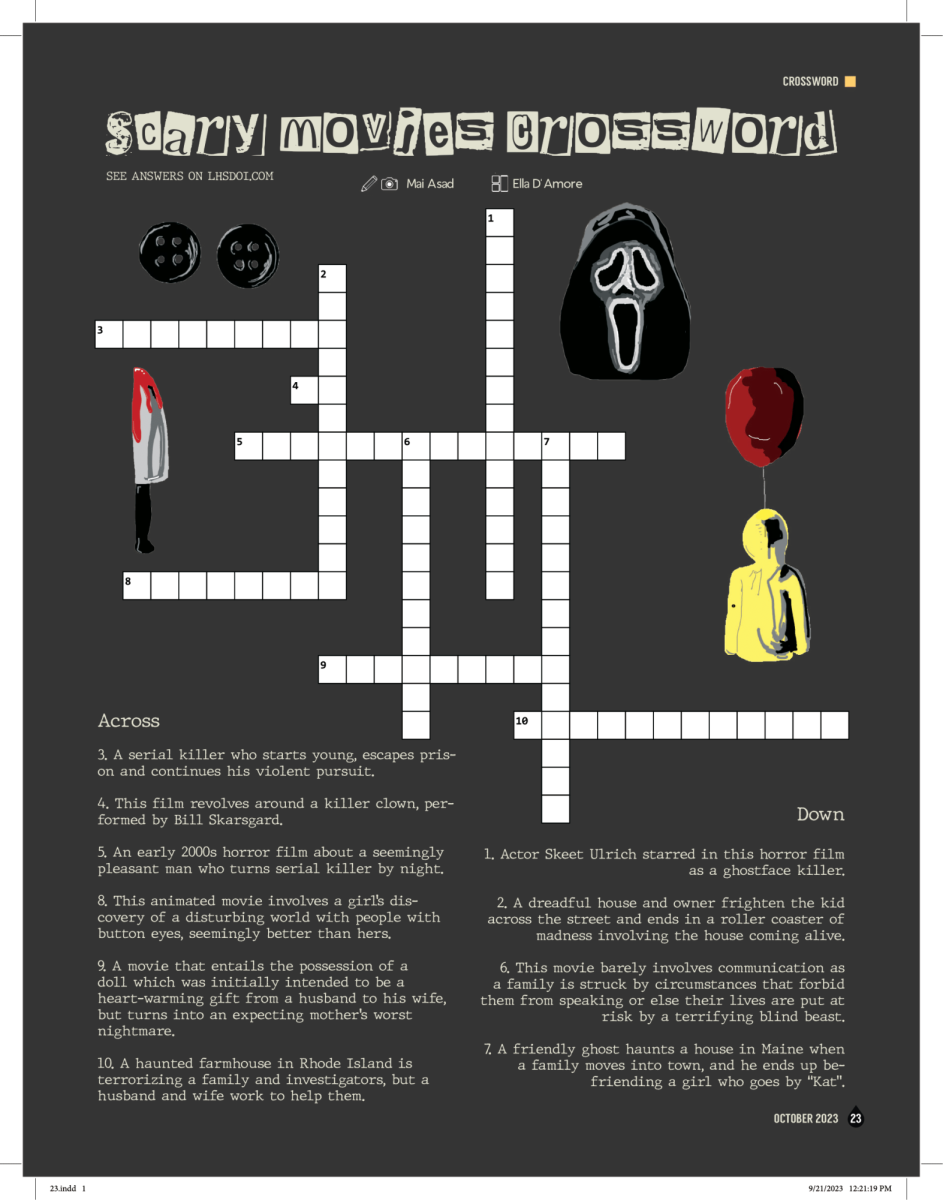
“Unbroken,” Angelina Jolie’s film adaptation of Laura Hillenbrand’s book, is a story of the resilience of the human spirit and the physical and mental determination of Louis Zamperini to stay alive against all odds. Unfortunately, Jolie does little to delve into Zamperini’s mental struggle and rather the movie is a graphic documentary of his physical struggle.
Now don’t get me wrong, it was a good movie. A great movie, actually. It’s chock full of beautiful cinematography, heart-wrenching endeavors, and extremely dramatic dialogue and actions, which would have been much more effective if they weren’t used so frequently. That dramaticism, and the lack of depth explored into Louis’ character, prove to be the greatest weaknesses of the film.
The movie starts out with Louis as a young boy growing up in a rough neighborhood in California. He’s an Italian immigrant, so he often falls victim to racial slurs and constant beatings by the neighborhood boys. But he’s just as bad as the rest of them; he drinks, steals, fights, and runs all throughout the town to stay away from the police, something he often fails at. It’s this passion for running that leads into his teenage years and his relationship with his brother, Peter. Unfortunately, Peter is about as dimensional as a piece of paper, and does little more in the movie than provide a source of inspiration for Louis, constantly spurting out memorable one-liners that are remarkably fabricated and forgettable. It then jumps right from Louis’ college running years to his Olympic years, which are mixed in with his struggles as a bombardier in the army.
When I walked into the theater, what I was expecting, and what I admit I really wanted, was the full story of Louis Zamperini’s life. Maybe I just set my sights too high; I’m not sure how I expected Jolie to represent 400-plus pages of Zamperini’s entire life in a mere two hours and 17 minutes. But what I got was a remarkably disappointing and cliché childhood, an even weaker representation of his college and Olympic years, followed by his war and POW years, which comprised the rest of the movie. Now, I understand why it is this way: people crave action. I would imagine everyone who was drawn in by the trailer, and not the book, expected exactly what they got: an unbelievable WWII movie.
“It told a very good story of survival…I wasn’t expecting much [from Jolie] but it was a great movie…I would give it four to five stars,” said Sophomore Jake Goebeler, who saw the movie but did not read the book.
While being considered a top-notch WWII movie definitely isn’t a bad thing, especially since “Unbroken” has already raked in over $100 million domestically, according to boxofficemojo.com, it’s just a shame it didn’t live up to its full potential. Despite its impressive, and still growing, profit, it still received everything from questionable to plain bad reviews. Again, the main issues held with the film are the lack of personality and individuality given to Louis in the film. “You can’t help but admire Zamperini but we aren’t given enough to separate his story from numerous other movies about the survivors of POW camps,” wrote Travis Hopson on Examiner.com; he gave the movie just two out of five stars.
What would have brought it above and beyond would be if Jolie was actually to delve into Zamperini’s mind. She should have showed how he endured over six weeks at sea, two years of torture, and life at home filled with alcohol and post traumatic stress disorder (PTSD), a part of his life that wasn’t even touched on in the film. Jolie’s inability to express Louis’ mental states throughout the movie leaves us with a film where the identity of the character means little and the actions mean everything. While the actions are definitely important, they should leave the viewer with some sort of emotional impact. Watching Louis’ almost painfully drawn out struggle is comparable to watching a fish in a fish bowl. It’s interesting to watch it swim around for awhile, but when you try and look closer, all you get are glassy eyes and some pretty scales.







